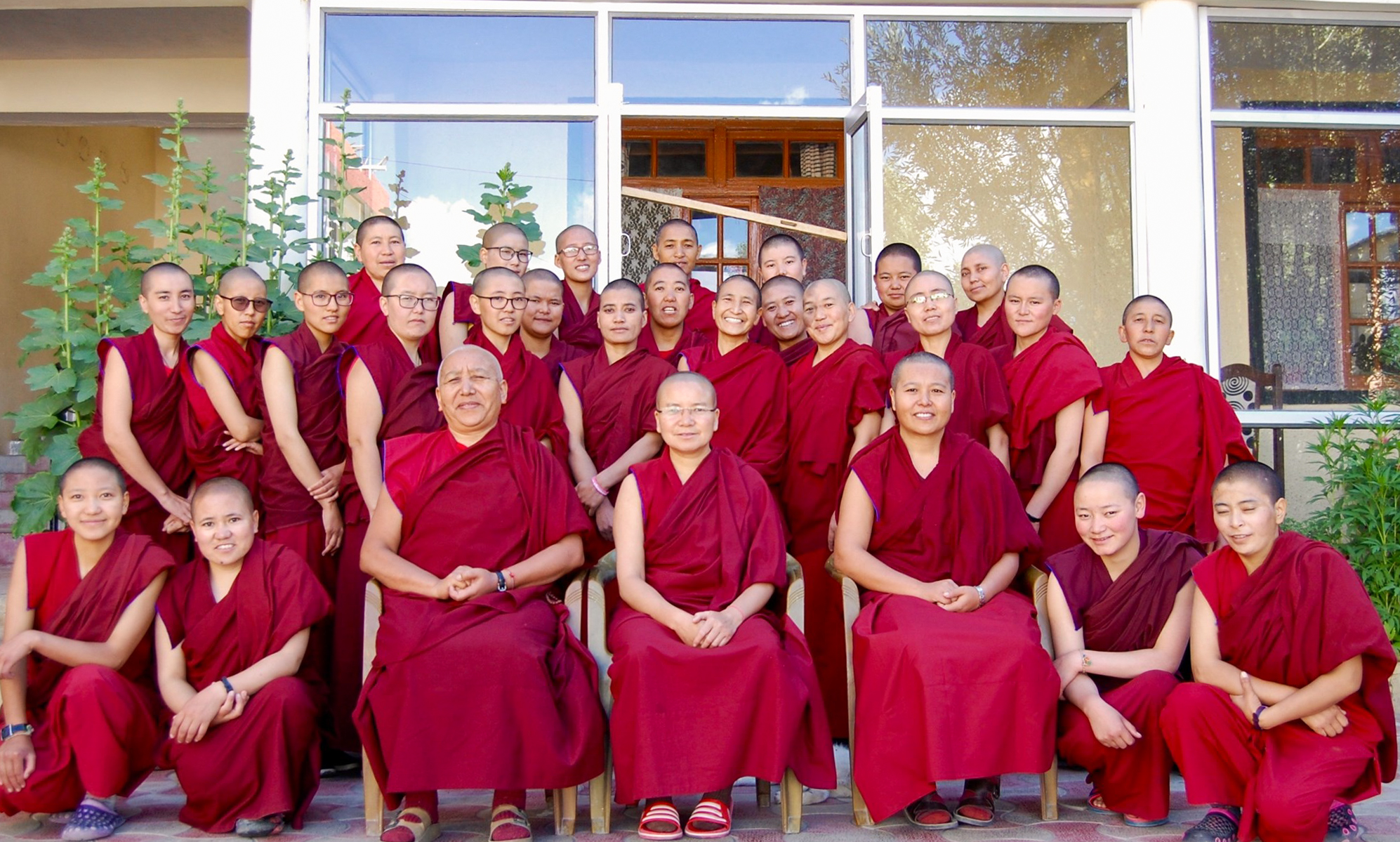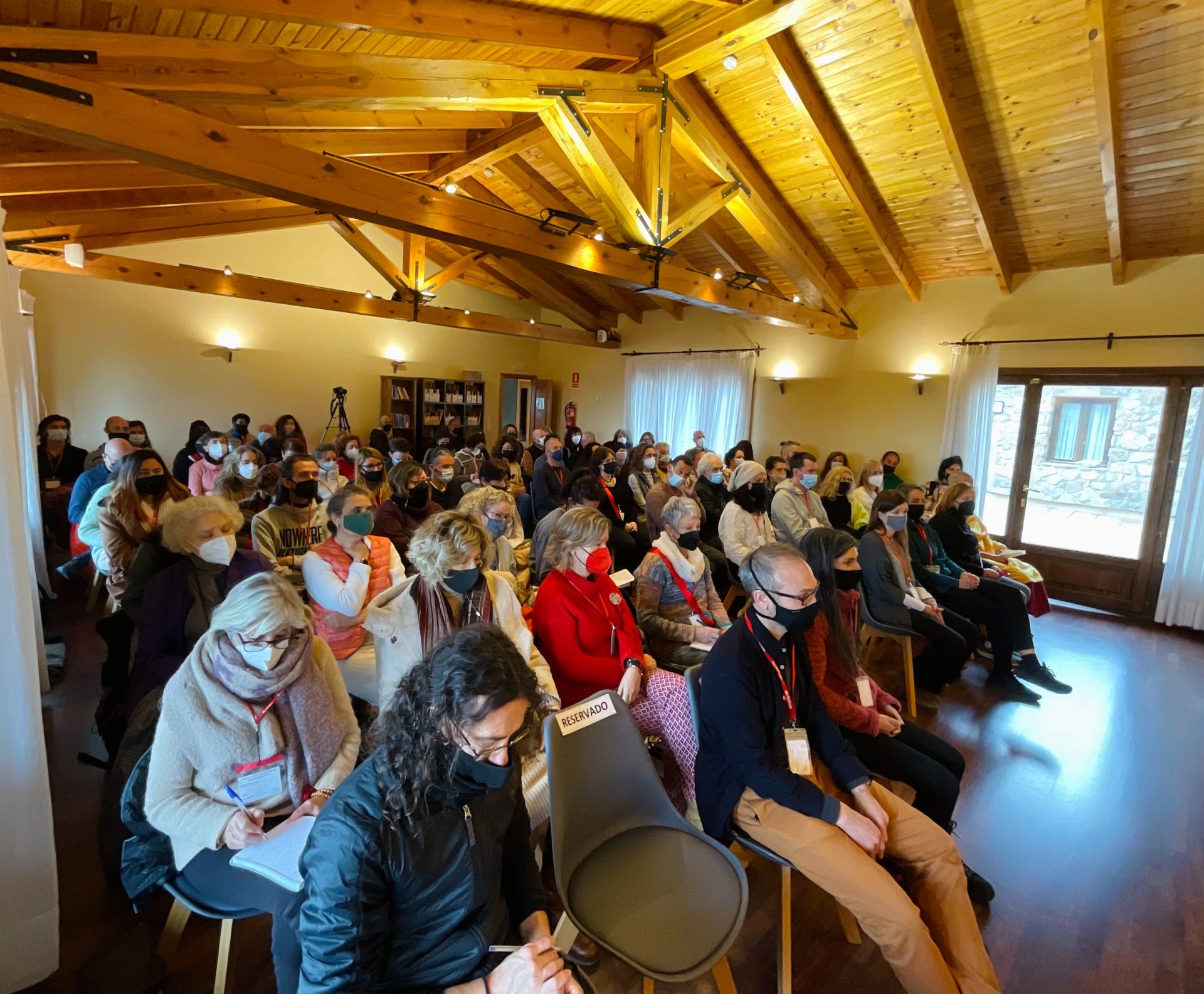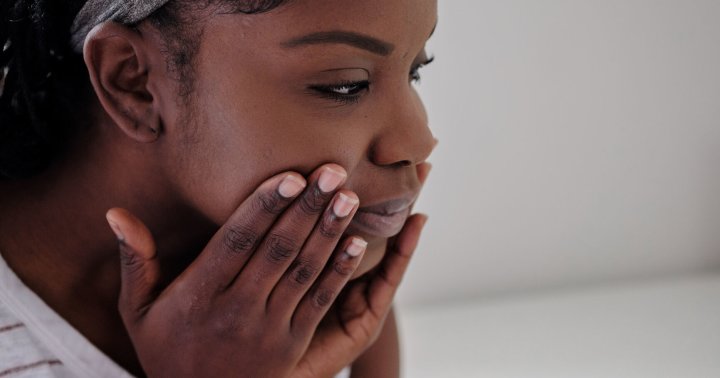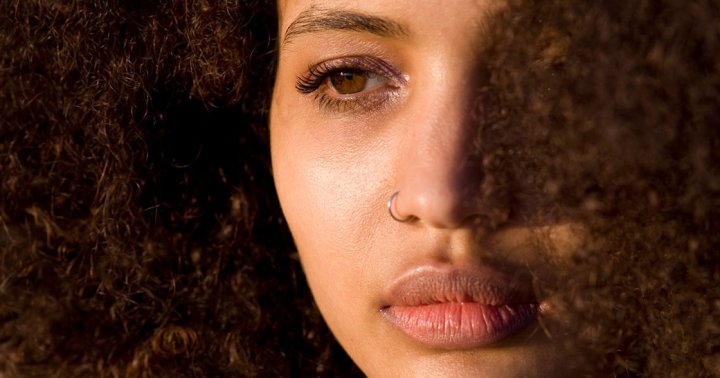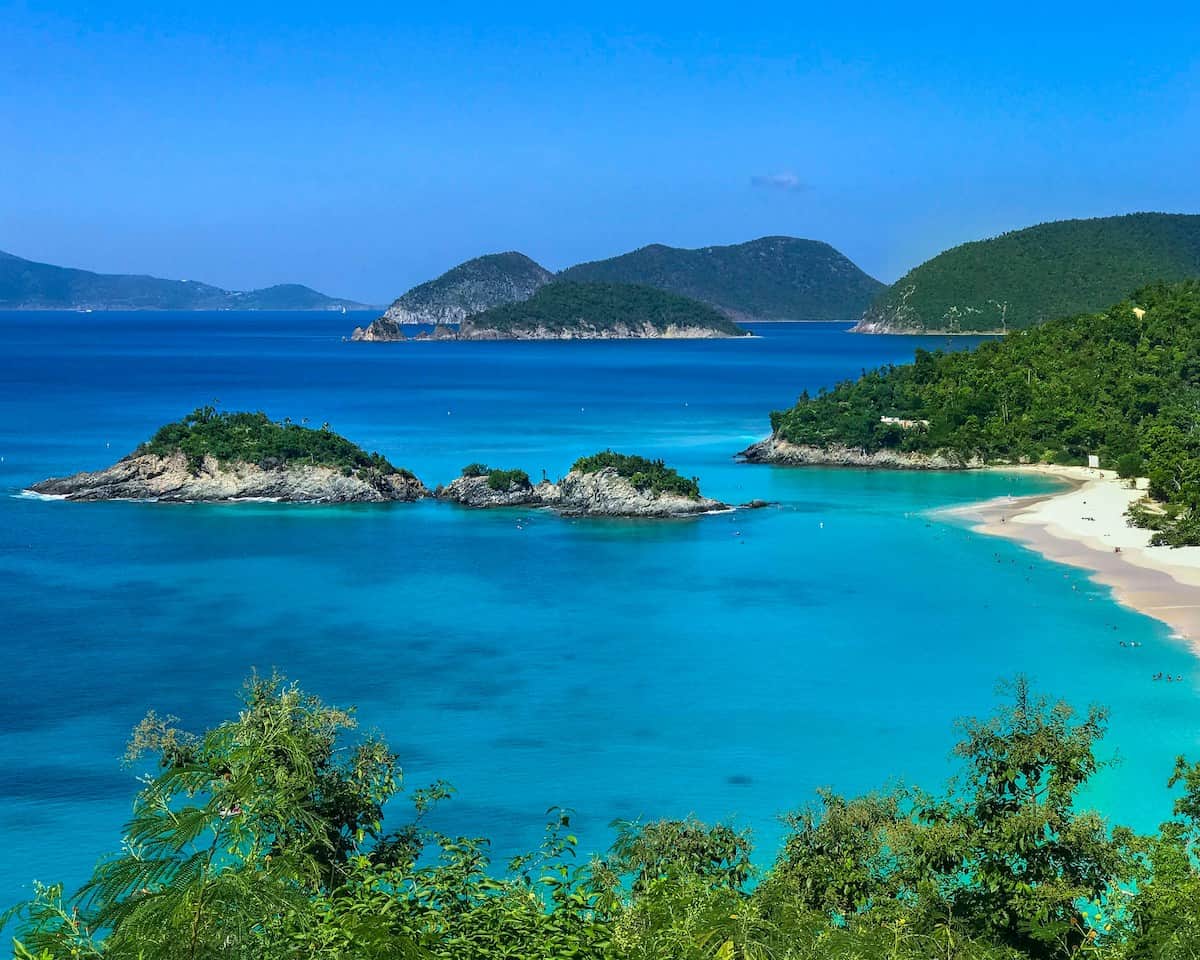10 Lessons Backpacking Taught Me About Minimalism
Backpacking has been an incredibly influential part of my minimalism journey. It has shown me the benefits of fully embracing minimalist teachings and principles, even if only for a few days. When you hit the trails, you’re experiencing minimalism...
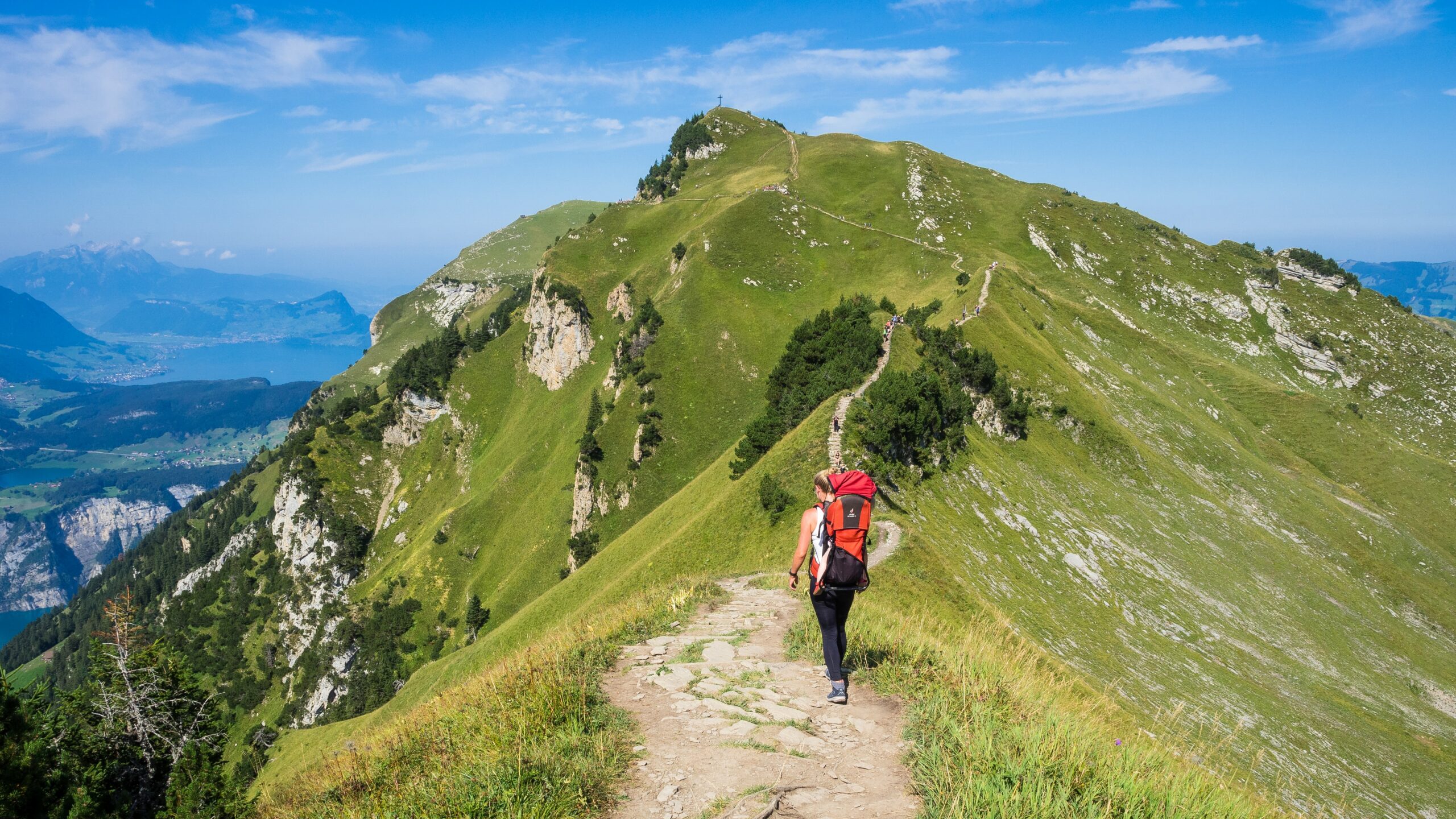

Backpacking has been an incredibly influential part of my minimalism journey. It has shown me the benefits of fully embracing minimalist teachings and principles, even if only for a few days.
When you hit the trails, you’re experiencing minimalism in its purest form. You’re spending long days out in nature, with zero distractions and just the bare essentials strapped to your back. It’s essentially a crash course in minimalism that will redefine your understanding of what it means to live with less.
And the best part? The lessons you learn on the trail extend far beyond the wilderness. They have the power to transform your everyday life.
Here are 10 life-changing lessons about minimalism that I learned from backpacking.
1. Excess Will Only Weigh You Down
When you strap on that backpack, it’ll become abundantly clear that the amount of stuff you brought with you will significantly affect your experience. Each unnecessary item you crammed into your pack will slow you down and limit your freedom to explore.
This mirrors a deep truth about minimalism. Just as a hefty backpack is limiting on the trail, a cluttered life stifles your ability to embrace new experiences off the trail. Our excess belongings act as metaphorical anchors, holding us back from experiencing true freedom. They demand our time, money, and energy to maintain, leaving us with fewer resources to dedicate to the things that truly matter.
So whether you’re backpacking or not, life is a whole lot more enjoyable when you’re not weighed down by things that simply don’t matter. By lightening your load, both physically and metaphorically, you will have more space in your life for the things that bring you genuine joy and fulfillment.
2. Looks Don’t Matter
When you’re backpacking, it’s easy to forget about your appearance. You’re wearing the same clothes day in and day out, you’re covered in mud and sweat and you might not even have access to a mirror. But you know what? You’re happier than you could ever be.
Backpacking teaches us that looks don’t matter. Wearing a cute hiking outfit won’t make your experience any better. What will is staying comfortable, warm, and dry.
Those thermal long johns and beat up hiking boots may not be the most fashionable choice, but they’ll keep you safe and protected on the trail. And in nature, there’s no judgment anyway. No one cares what you look like or what you’re wearing. Nature doesn’t care about your fancy clothes or impeccable makeup. All that matters is your ability to enjoy the moment and appreciate the beauty around you.
3. Quality is More Important Than Quantity
When it comes to backpacking, you quickly learn that quality beats quantity every time. You don’t need a ton of gear; you just need the right gear. It’s about choosing items that are durable, reliable, and serve a purpose. A well-made backpack or a durable pair of hiking boots can make all the difference when you’re on the trail for days on end.
This lesson extends beyond backpacking gear and into our everyday lives. Minimalism teaches us that it’s better to invest in a few high-quality items that truly bring value to our lives than a sea of cheap, disposable stuff. Whether it’s clothing, electronics, or household items, choosing quality over quantity ensures that we surround ourselves with things that last and truly enhance our experiences.
4. There’s No Use in Owning Things That You’re Afraid to Use
Do you own a designer bag that never gets used because you’re worried you’ll scruff the leather? Maybe you own a watch that you only wear on special occasions because you’re worried you’ll loose it.
In the world of backpacking, functionality is key. Every item you bring needs to serve a purpose and earn its place in your backpack. If your gear is so nice that you’re afraid to use it, it’ll only weigh you down. Backpacking teaches us that there’s a fine line between cherishing something and owning it in fear. If you buy things that are so nice that you’re afraid to use them, they’re not worth owning at all. Our possessions should enrich our lives, not sit idly on shelves or hidden away in closets.
5. There’s a Fine Line Between Being Over Prepared and Under Prepared
If you’re the kind of person who holds onto things “just in case” you’ll need them one day, this lesson is for you.
Backpacking has taught me that there’s a delicate balance between being over prepared and under prepared. And let me tell you, finding that sweet spot can be a game-changer when it comes to decluttering and simplifying your life.
When you’re out in the wilderness, you’ll quickly realize the importance of having certain items on hand, even if you hope you’ll never have to use them. Bug spray, bear spray, and a first aid kit are all examples of “what if” items that are worth carrying. These provide a sense of security and peace of mind. However, the lesson is to not go overboard. Bringing a dozen pairs of socks just in case the first nine pairs get wet might not be the most practical use of your precious backpack space.
This lesson can be applied to our daily lives too. While it’s prudent to own a warm jacket even if you live in a warm climate, owning five fancy dresses just in case you have a wedding to attend (despite not having attended one in the past 10 years) might not be the most efficient use of your closet space.
6. There’s Value in Simplicity
Backpacking will show you the value in simplicity. When you’re on the trail, ordinary moments will feel extraordinary. A humble meal prepared with basic ingredients tastes like a gourmet feast after a long day of hiking. An epic view is even more jaw dropping when you had to work so hard to see it. And that well-deserved snack break becomes a moment of pure bliss when you need it most.
Backpacking teaches us to appreciate the small, simple pleasures that often go unnoticed in our fast-paced, cluttered lives. It reminds us that true happiness can be found in the most ordinary of moments.
7. Things Are Easier to Find When You Have Less of Them
When you’re backpacking, every item you bring with you needs to have a purpose. There’s no room for excess. This means you have to be intentional about what you pack and leave behind.
One surprising benefit of packing light is that things are easier to find when you have less of them. When you’re rummaging through your backpack for that one thing you need, it’s much easier to find it when you don’t have to sift through a bunch of unnecessary items. Plus, you’re less likely to lose something important when you have a clear idea of what you brought with you.
This minimalist approach to packing can also be applied to our daily lives. The less we own, the easier it is to find what we need. Imagine having a closet with only your favorite clothes or a kitchen with only the tools you use regularly. You’d save time and reduce stress by not having to sort through excess items.
8. True Wealth Lies in the Richness of Experiences
In a world obsessed with material possessions, it’s easy to forget what truly matters. But backpacking has a remarkable way of teaching us that true wealth lies not in material possessions, but in the richness of experiences.
Items may get lost, broken, stolen, or forgotten about. But the memories you create, the experiences that change you and shape your outlook on life, aren’t disposable. They are the currency of a fuller, more meaningful life.
So, instead of chasing after the latest gadgets or designer clothes, focus on collecting experiences.
9. By Owning Less, You Appreciate What You Have More
When you have fewer possessions, you appreciate the ones you do have more. There’s no better teacher for this lesson than backpacking.
When you’re out in the wilderness with only a few essential items, you start to cherish each one. Your sleeping bag becomes your cozy refuge at night, your water filter – your lifesaver in the heat of the day. You appreciate the functionality, the reliability, and the sheer value of these items. In contrast, when you own too many possessions, you tend to take them for granted.
10. Save Your Energy For What’s Truly Important
Backpacking has taught me the importance of saving my energy for the things that truly matter. No one has an unlimited amount of energy. When you’re out on the trail, you’ll want to save your energy for what’s truly important – hiking and taking in the stunning scenery. So, you simplify. You streamline your clothing choices, opting for functional and versatile gear. You simplify your cooking methods, focusing on nourishing meals that require minimal effort. And you simplify your morning routine, getting ready efficiently so that you can save that precious energy for the hike that lies ahead.
This lesson is just as important on the trail as it is off the trail. By intentionally simplifying certain areas of your life so they don’t require as much energy, you’ll have more effort to give to the things that are most important to you. Click here to read about the 12 most impactful areas to simplify in your life.
In Conclusion
Backpacking has been my ultimate guide to embracing minimalism and finding joy in living with less. By providing the opportunity to experience minimalist principles in their purest form, backpacking has taught me lessons about minimalism that have completely changed my daily life.
And here’s the best part: you don’t have to be a seasoned backpacker to experience these lessons first hand. Camping, with its stripped-down simplicity, offers a similar opportunity to embrace the essentials and reconnect with nature.
***
About the Author: Barefoot Minimalists is an approachable lifestyle blog celebrating the joys of living a simple life. Explore articles about frugal living, minimalism and mindfulness.

 Hollif
Hollif 







